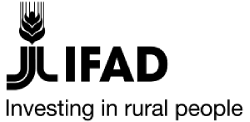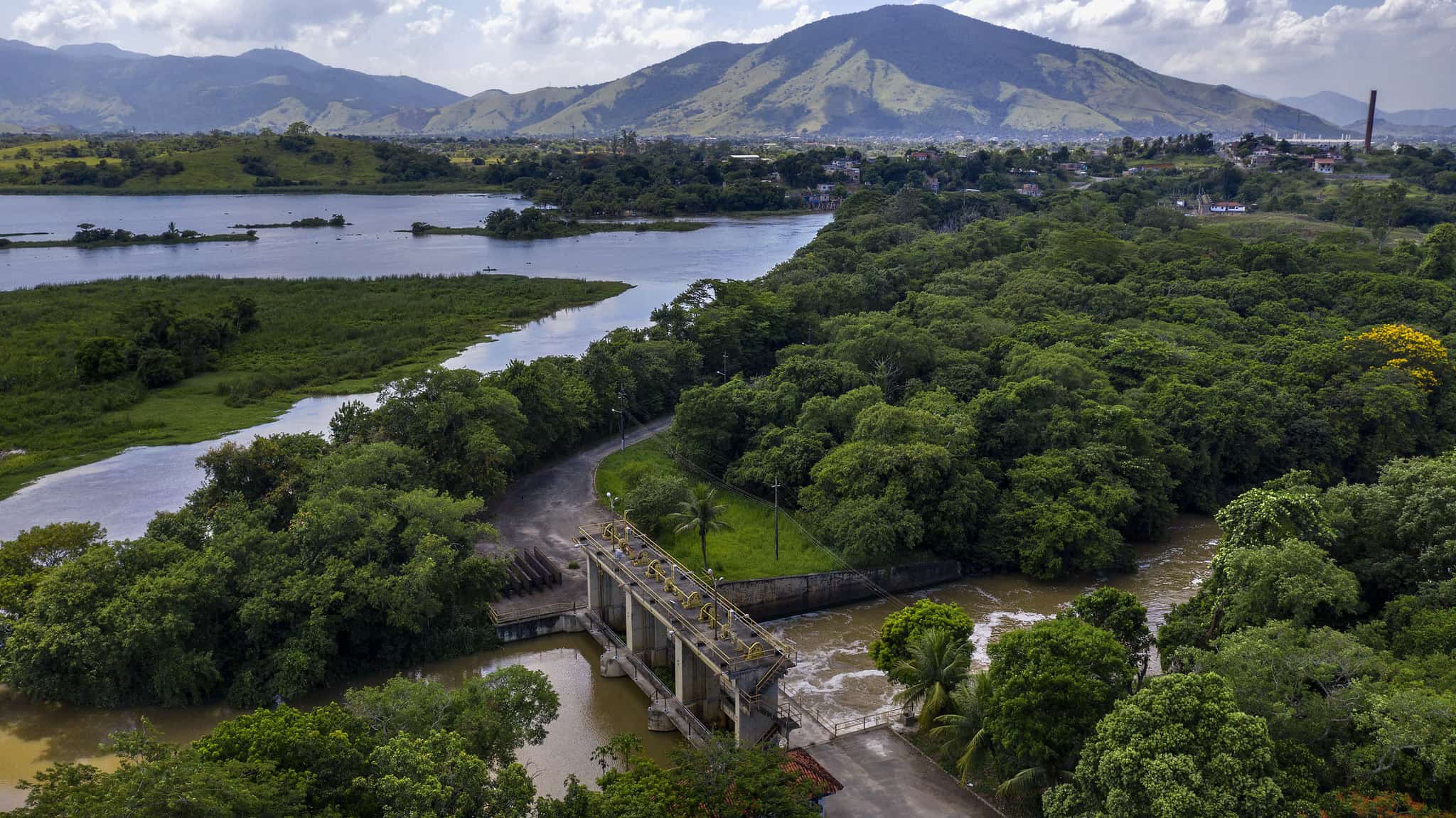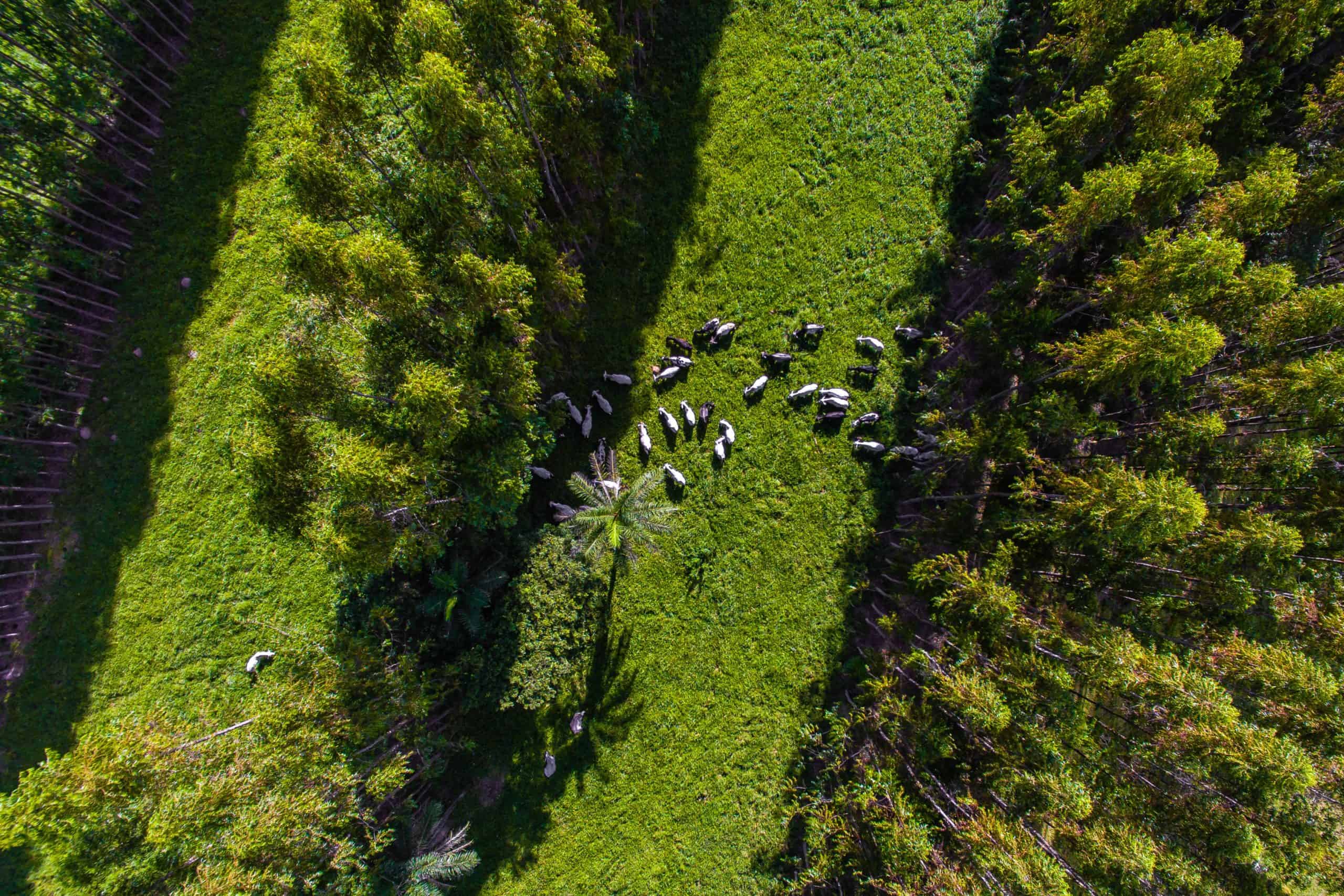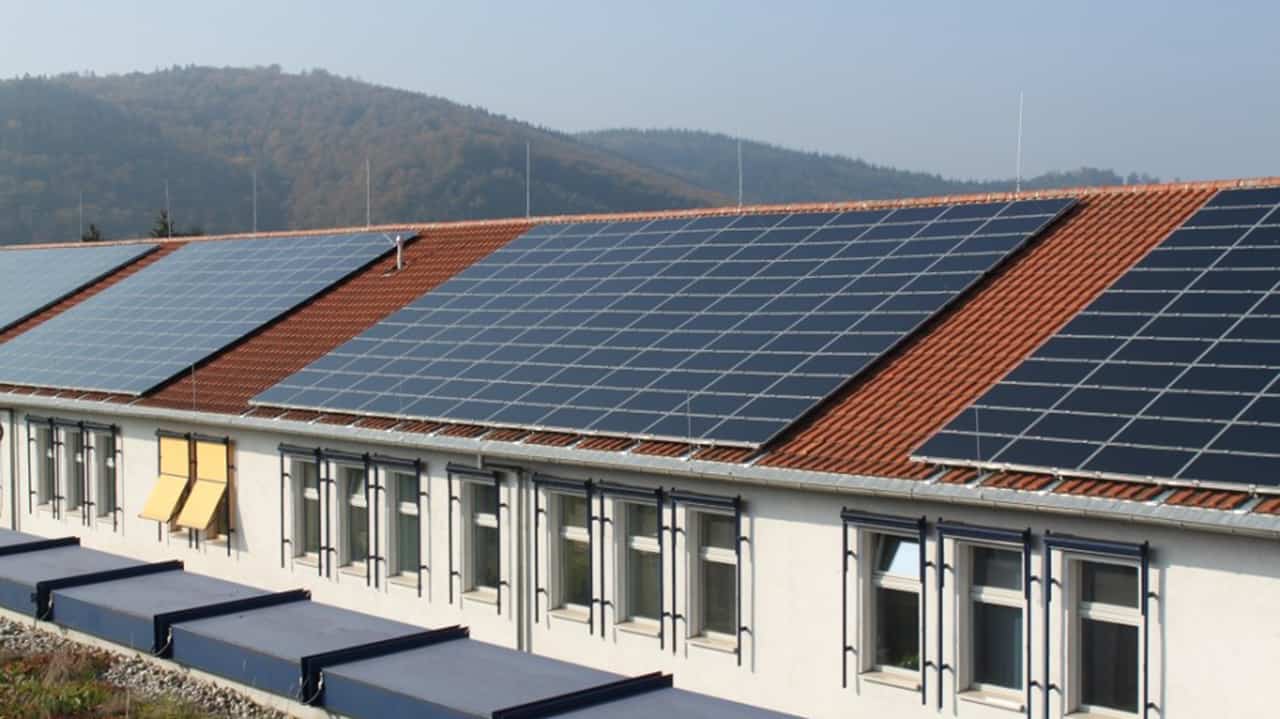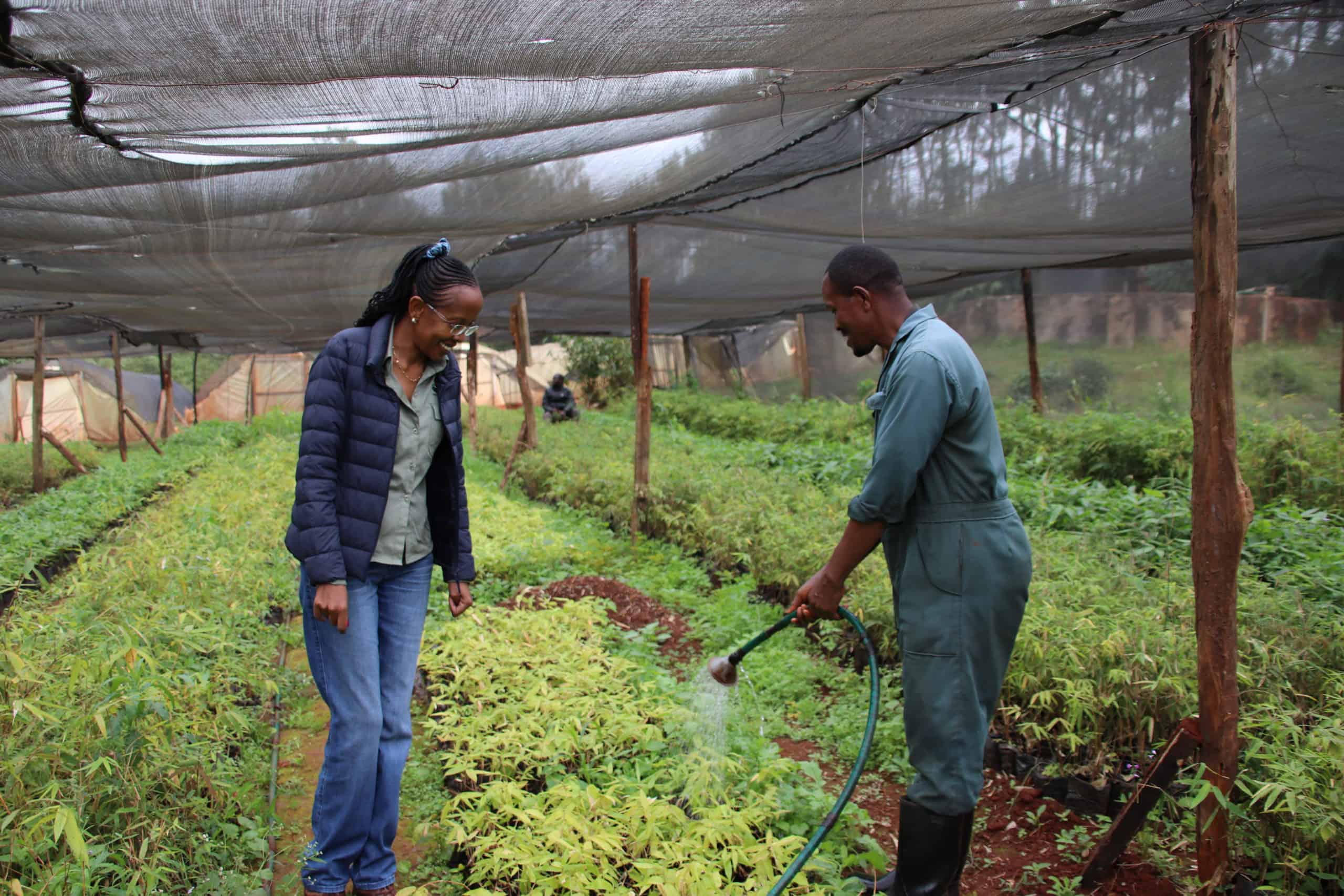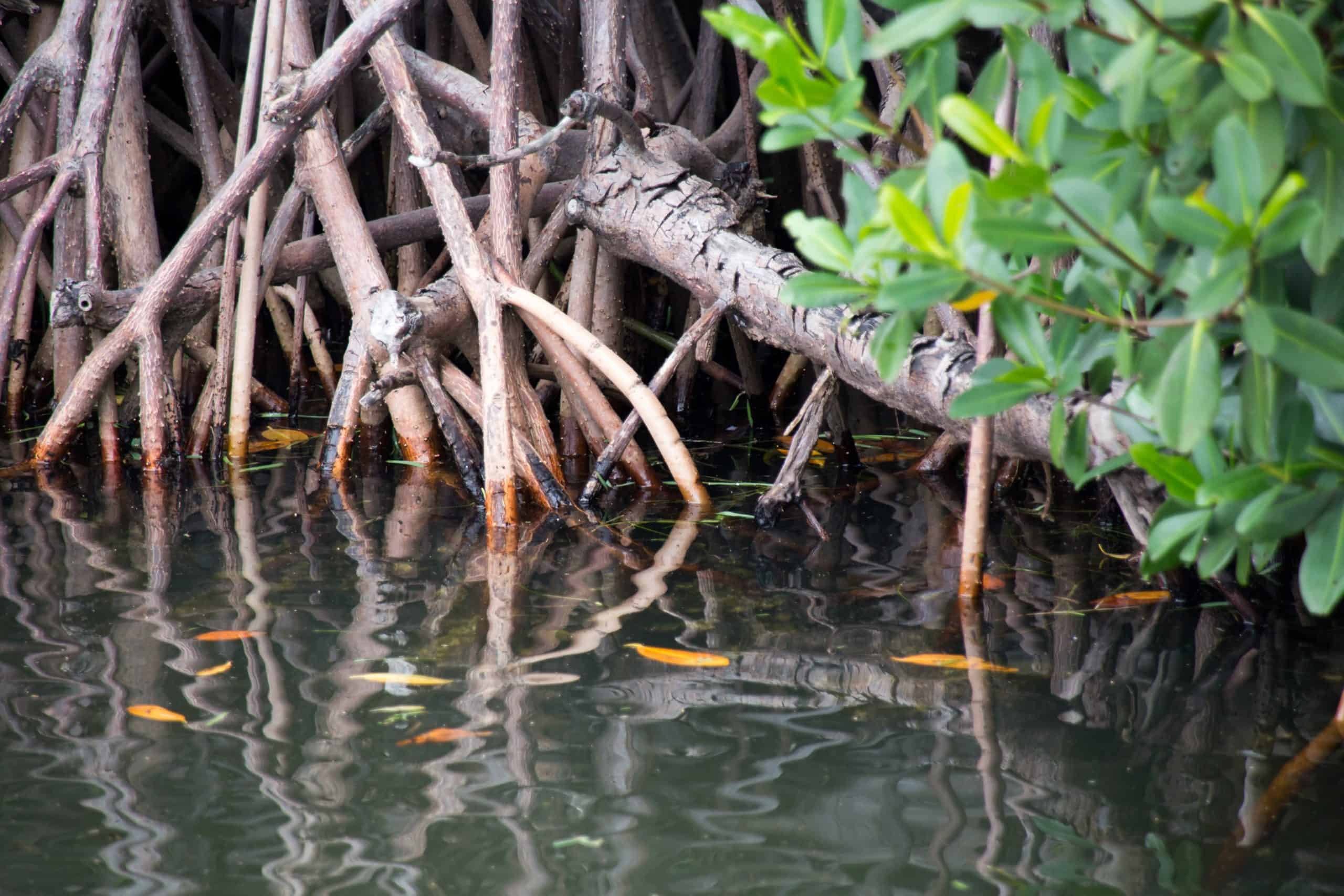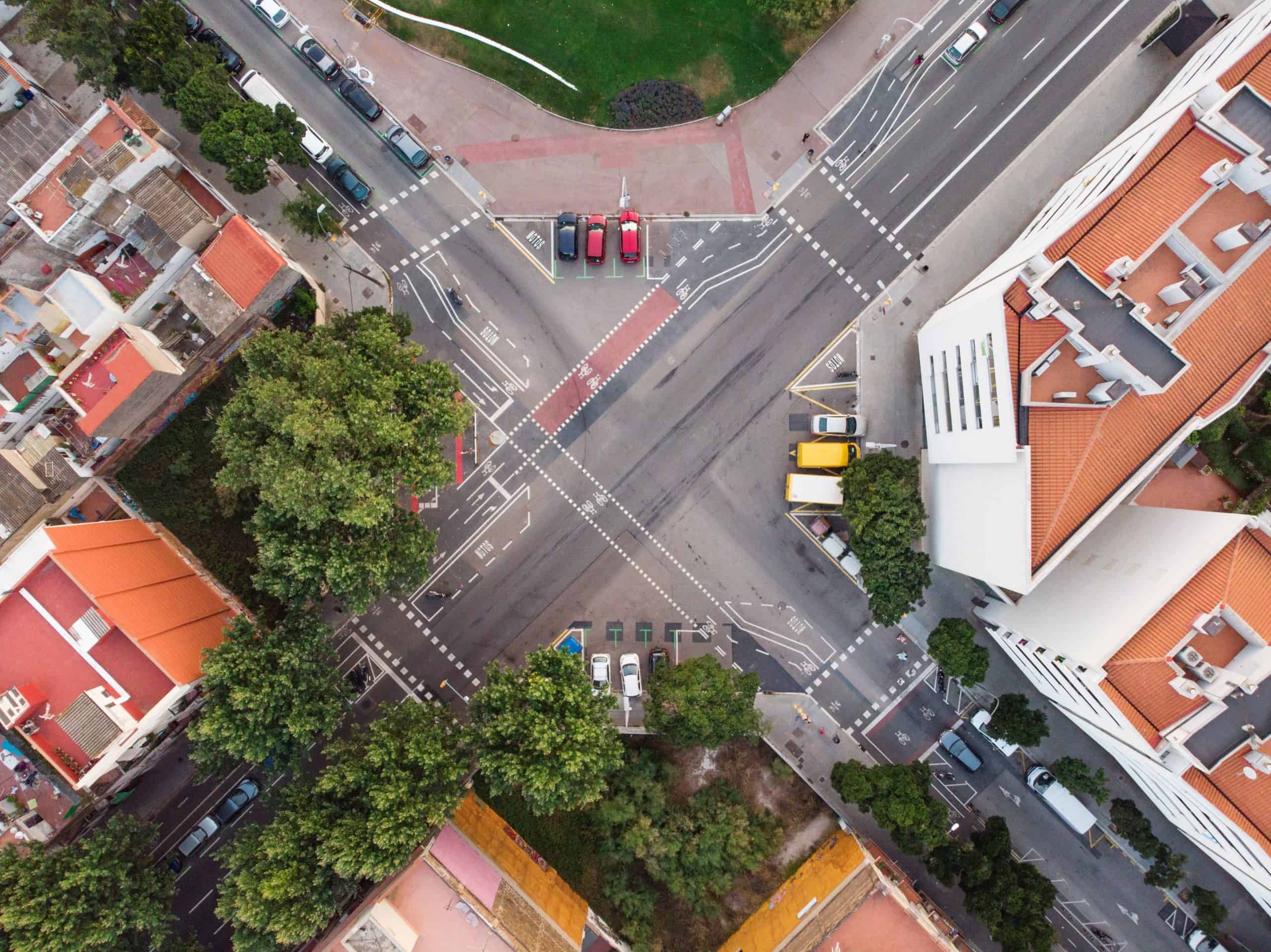Call for ideas archive 2020
The Lab has selected eight new climate finance ideas for its acceleration program in 2020.
These are the great ideas selected in 2020
View all ideasWhat is the Lab looking for
The Lab is seeking ideas for financial instruments that can unlock investment for climate mitigation and adaptation projects in developing countries. For the 2020 cycle, the Lab has a special call for ideas that target sustainable energy access, sustainable cities, sustainable agriculture, and nature-based solutions, and that target the geographies of India, Brazil, and Southern Africa. We also welcome ideas that target other sectors and developing countries.
Webinars

O Global Innovation Lab for Climate Finance está com inscrições abertas para soluções inovadoras em ...
WatchWhat happens if your idea is selected?
If your idea is selected by Lab Members, you will work with a team of analysts, key stakeholders, and experts to:
1.
Develop or refine the mechanics of your idea.
2.
Survey comparable instruments, ensuring the final instrument is innovative and impactful.
3.
Develop robust financial modeling.
4.
Assess and document potential social and environmental impacts.
5.
Map risks and risk mitigation strategies.
6.
Develop a detailed implementation plan.
7.
Produce promotional content.
8.
Present your idea to donors and investors.
9.
Potentially receive endorsement from the Lab.
How ideas are selected
FAQApplicants must complete an online form (see PDF version for reference). A set of key criteria guides how submitted ideas are assessed and ranked.
Why submit an idea?
Selected ideas receive guidance from high-level leaders from the public and private sectors, who contribute expertise, political support, and financial capital to the instruments.
See all Lab membersSelected ideas also benefit from robust analysis, stress-testing, and development by Climate Policy Initiative’s team of experts.
Meet the Lab experts$
250
k
value of in-kind analytical and communications support received by selected Lab ideas
$
3
bn
mobilized by endorsed Lab instruments
Who is involved?
The Lab comprises over 70 expert institutions in government, development finance, philanthropy, and the private sector. The funders for the Lab’s 2023 cycle are included below. CPI serves as the Lab Secretariat.






